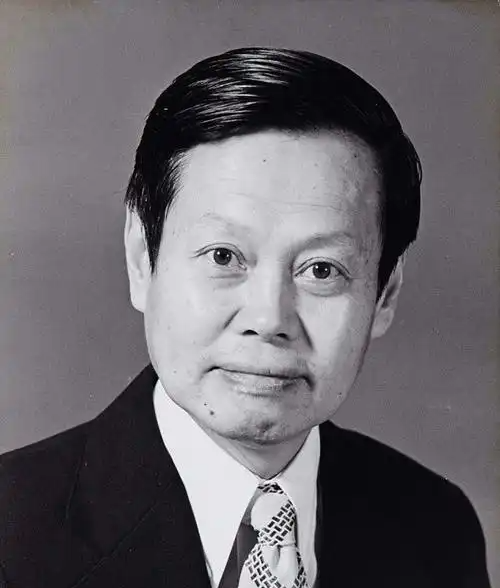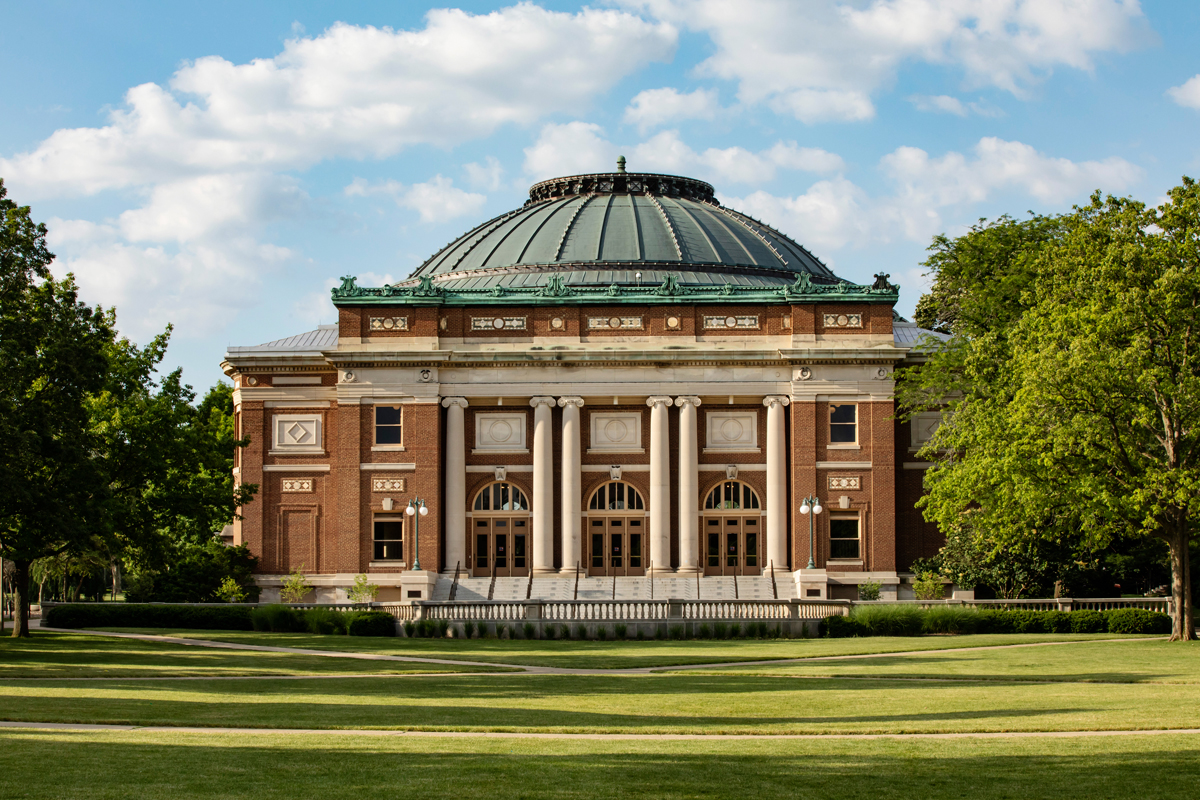On October 18, 2025, Nobel laureate and physicist Yang Chen-Ning passed away at Tsinghua campus in Beijing at the age of 103. The place where his life began also became its final resting ground. Yang, who had reached the pinnacle of American academia, chose in his later years to renounce U.S. citizenship and reclaim his Chinese identity, spending his final days as a “Chinese man.” This decision was not only a personal return but also a profound reflection on a question that has echoed among Chinese intellectuals for a century: Where does one reside, and where does one’s heart truly belong?
Yang’s return was the culmination of decades of reflection, not a sudden shift. From his arrival in the United States in 1946 to study at the University of Chicago, to work at Princeton’s Institute for Advanced Study, and Stony Brook University, he rooted himself in American science for more than half a century, achieving remarkable success. Yet his bond with his homeland never wavered. In the 1950s, he expressed longing through letters to family; after the Cold War, he actively promoted Sino-American academic exchanges. Throughout his life, Yang’s identity traversed two civilizations—both a pillar of the global scientific community and a devoted son of China.
In 2015, when he renounced U.S. citizenship and settled permanently at Tsinghua, the choice sparked debate. Why would a scientist of such acclaim return home in his twilight years? Some saw it as homesickness, others as a cultural reclamation, and yet others recognized a deeper philosophical reflection: legal nationality may change, but one’s spiritual belonging remains rooted in the culture that nourished one’s mind. For Yang, this was neither a political statement nor a rejection of America, but the closure of a life journey, answering a long-held call of the heart toward his cultural roots.
For many Chinese abroad, Yang’s decision mirrors their own tension. America provided freedom, institutional support, and dignity; China offered language, emotion, and cultural foundation. These realms coexist but demand choices at crucial moments. Yang’s choice made this tension tangible: beyond global citizenship, he defined the final chapter of his life as a Chinese man.
He often described America as “a beautiful country,” grateful for the intellectual soil that nurtured his achievements. Yet he never wavered in his attachment to Chinese culture. Returning to Tsinghua, he taught, met students, and established scholarships—not for politics, but to continue fostering scientific education. He became a symbol of contemporary Chinese academia, inspiring generations.
Viewed broadly, Yang’s homecoming reflects historical tides. Mid-20th-century Chinese scientists left home for academic freedom; in the 21st century, the global center of research shifted eastward. His return was both personal and emblematic of this shift. It reminds us that nationality is a legal designation, while belonging is a matter of the heart. Cultural identity persists across distance, in festivals, childhood memories, and parental counsel, waiting to be awakened.
At his passing, we may glimpse the fate of Chinese intellectuals: even after a lifetime at the summit of global scholarship, one ultimately turns back to one’s origin—the land that gave language, culture, and aspiration. His return evokes the ancient scholar-official ideal: ““Though my body travels far, my heart remains with the homeland.” It marks both the final chapter of a life and a heartfelt footnote to a century of intellectual wandering.
May Mr. Yang rest in peace.



0mc5nx